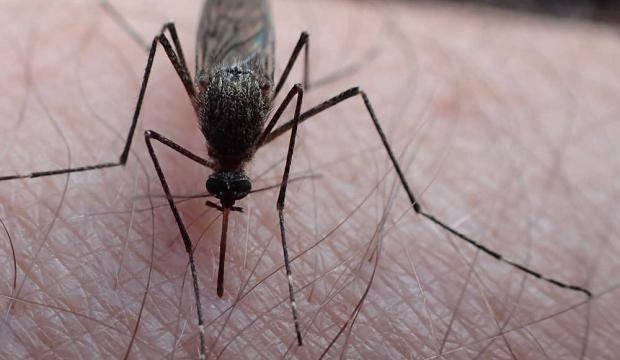Mosquitoes bite. In Alaska, Zika won’t.
That’s the conclusion of the state’s medical experts, a week after a third Alaskan was identified to have the tropical illness. The Alaskan, who has not been identified due to privacy concerns, picked up the disease in Central America, the Alaska Department of Health and Social Services said by email.
The other two cases, one in 2007 and another in 2016, were also picked up outside the country.
The virus, which causes fever, rash, headache and pain — usually so mild that victims don’t go to the hospital, according to the Centers for Disease Control and Prevention — has severe effects on an unborn fetus.
If a pregnant woman is infected, the virus can cause serious birth defects.
In last week’s statement, the state’s chief medical officer said Alaskans are in no danger of contracting Zika virus from mosquitoes here.
“The Zika virus cannot be spread between humans through casual contact and is transmitted only by two species of mosquitos native to warmer climates that do not live here in Alaska,” Dr. Jay Butler said in prepared remarks.
While that may be true, Alaska has more than 30 species of mosquitoes, and Zika has been spreading in Florida. Could a mosquito species here eventually carry the virus?
[Alaska Science Forum: 17 trillion wingbeats over Alaska]
Dr. Matthew Aliota of the University of Wisconsin has been testing various species of mosquitoes to determine how well they carry the virus. He said by email that he is “not aware of anyone testing Alaskan mosquitoes for susceptibility to (Zika).”
Nevertheless, Louisa Castrodale of the Alaska section of epidemiology said the danger is low.
Alaska mosquitoes, after all, don’t carry malaria or dengue fever, diseases that are borne by the same mosquitoes that can spread Zika.
She said there are many different factors that determine whether a mosquito can spread a disease, and “there are some really fancy equations that entomologists use … to put all of those factors into the mix.”
Alaska’s climate and the species present here mean that there’s a low probability of Zika’s spread.
Castrodale said the state’s epidemiologists are willing to learn if a study discovers something different, but for the time being, Alaska’s risk is low.
Mosquito Bite Prevention Tips, from the CDC
• Contact reporter James Brooks at james.k.brooks@juneauempire.com or call 419-7732.

